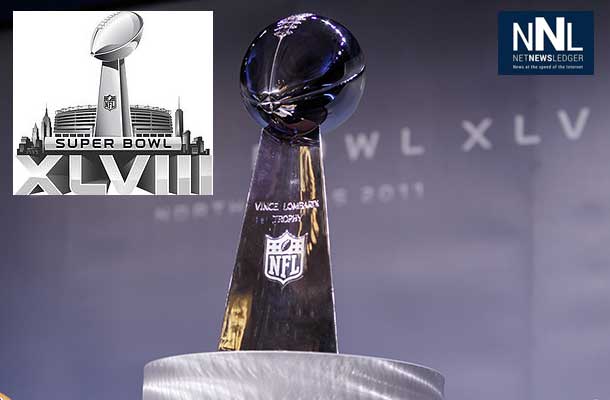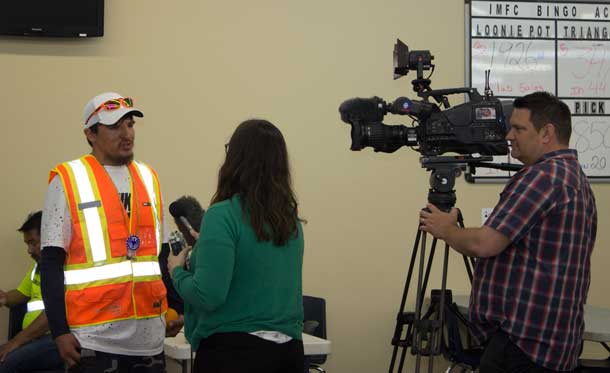
The CRTC, led by its new chairman, is expected to reverse the controversial decision related to simultaneous ad substitution
By Peter Menzies
It being the time of year to make football predictions, here’s one: there won’t be any U.S. Super Bowl ads on cable broadcasts of the big game when it comes around again early next year.
Ian Scott, incoming chairman of the Canadian Radio-television and Telecommunications Commission (CRTC), will have the unpopular task of reversing the decision of the previous federal regulatory regime. It famously decided that Canadian ads could no longer be substituted for American ads on U.S. channels broadcasting the National Football League’s championship.
So this year, for the first time, those expensive, highly-entertaining U.S. ads – as much a part of the show as the football – were shown in Canada on the originating American network while CTV/Bell Media sold Canadian ads in the available slots on its channels.
The nation’s culture appears to have survived this assault, but the bottom line at Bell Media took an estimated $11 million hit due to a 39 per cent drop in viewership of its channels.
Exactly how the 2013 Let’s Talk TV hearing of a CRTC panel of commissioners came to their Super Bowl decision is likely best left for them to explain in their written decision. Some speculate it was designed to illustrate the regulator’s shift towards becoming a populist consumer advocacy agency; others think it was a fall-back position taken when commissioners declined to support a bid to eliminate simultaneous substitution (sim-sub) completely – an action that would have devastated the Canadian TV industry.
Suffice to say that while sim-sub was, along with everything else, on the table in that proceeding, the Super Bowl decision was not something Bell saw coming. It was and remains outraged, appealing along with the NFL to both the courts, where the matter is still active, and the federal cabinet, which declined to overrule the CRTC.
Then, seeing an opening after Scott’s appointment was announced, Bell applied directly to the regulator in August for a reversal.
A former telecom executive who also served time at the CRTC, Scott will want to be cleaning up what any leader of a new regime would see as the messes left behind by his predecessor. This is among them. At his disposal will be staff eager to please their new master, two new vice-chairs and a ragtag remnant handful of four regional commissioners, only two of whom were involved in the Super Bowl decision and neither of whom are likely to protest.
The Super Bowl ads/sim-sub issue has for decades defined Canadians’ irritation with the federal regulator. When Global had the rights, it broadcast the ads following the game in an effort to ease public unrest. CTV has reportedly promised something similar.
Yet many of us also realized years ago that the ads designed for broadcast during the Super Bowl could be viewed on the Internet up to a week before the game.
So expect Scott’s CRTC to reverse the previous decision and don’t expect that big of a public fuss.
Those who really want to see the ads – at least the millions who live in the Greater Toronto Area who drove the issue in the first place – can always unplug their cable and watch the game over the air on U.S. signals.
The rest can, like me, view them on the Internet so they don’t have to watch the game (it’s often forgotten that despite the large TV audience the Super Bowl draws, most people don’t watch the game).
And we can all remember, as a somewhat jaded public servant told me many years ago when I first arrived at the CRTC, that “in the end, Bell always wins.”
Peter Menzies is a former newspaper publisher who spent 10 years as a CRTC commissioner.
© 2017 Distributed by Troy Media
The views, opinions and positions expressed by all columnists and contributors are the author’s alone. They do not inherently or expressly reflect the views, opinions and/or positions of NetNewsLedger.





